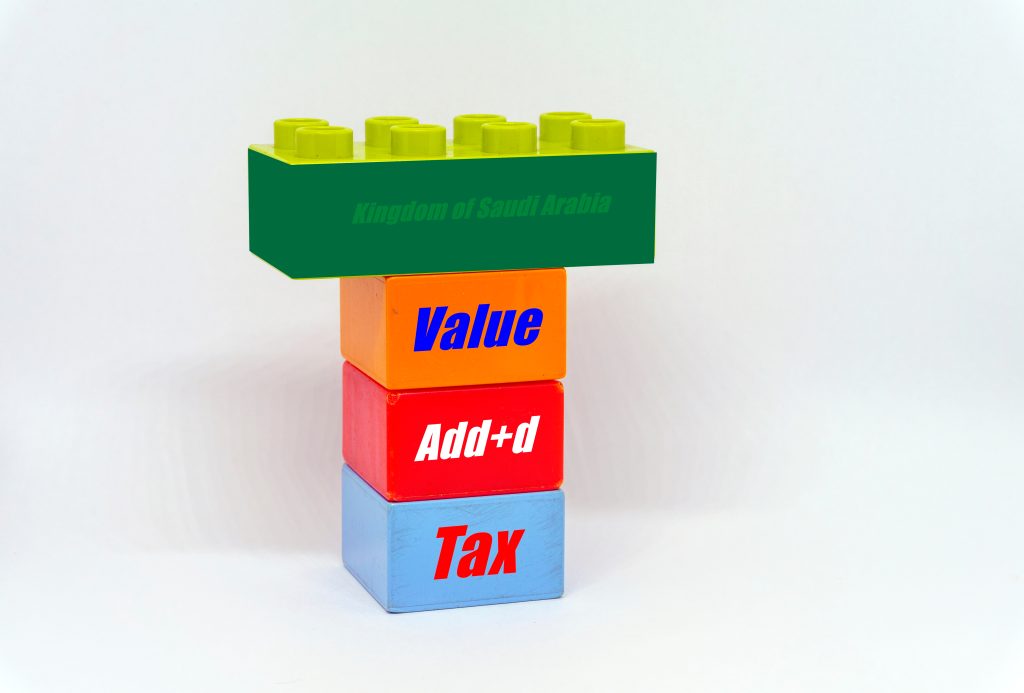For the past decade, Saudi Arabia has been a significant attraction for dealmakers, bankers, and asset managers due to its extensive global investment activities through the Public Investment Fund (PIF). However, as the kingdom shifts its focus to domestic projects, the perception of Saudi Arabia as an easy source of capital is changing.
A senior investment banker in Dubai stated, It is ending. People are realising it.
Fund managers and companies seeking capital in Saudi Arabia are noticing stricter conditions, such as hiring local employees and investing in domestic projects. Bankers report that new funds from Riyadh now require reinvestment within the kingdom. An insider at the wealth fund confirmed this trend.
BlackRock secured $5bn from the PIF to establish an investment firm in Riyadh, focused on developing Saudi capital markets. The PIF emphasized its robust investment process, selecting partners and advisers that align with its strategic goals.
Client interest in Saudi capital has decreased due to more stringent screening and limited success from previous efforts. This contrasts sharply with the early years of PIF’s transformation under Crown Prince Mohammed bin Salman, which saw ambitious global investments, including stakes in SoftBank’s Vision Fund and Blackstone’s infrastructure fund.
Recently, the PIF has reduced its US stock holdings from $35bn to $20.5bn and sold stakes in BlackRock, Carnival, and Live Nation. Despite these changes, Saudi officials maintain that their ambitions remain high, with ongoing work on numerous megaprojects. Finance Minister Mohammed al-Jadaan mentioned that Riyadh would adjust its projects as needed.
Saudi Arabia’s focus has shifted to domestic growth projects, with significant investments in infrastructure, tourism, sports, and manufacturing. The kingdom is preparing to host major international events, including the football Asian Cup in 2027 and the Expo 2030.
Bankers note that PIF subsidiaries, such as Riyadh Air, Savvy, and Ma’aden, are now driving much of the investment activity. The government and PIF are also raising significant debt, with $37bn raised this year alone. This shift is seen as an evolution rather than a change in strategy.
A Saudi executive mentioned that global investments would be limited in the next few years, focusing instead on strategic areas like manufacturing, AI, and technology. The PIF aims to invest at least $40bn annually in the kingdom, ensuring continued domestic spending.
